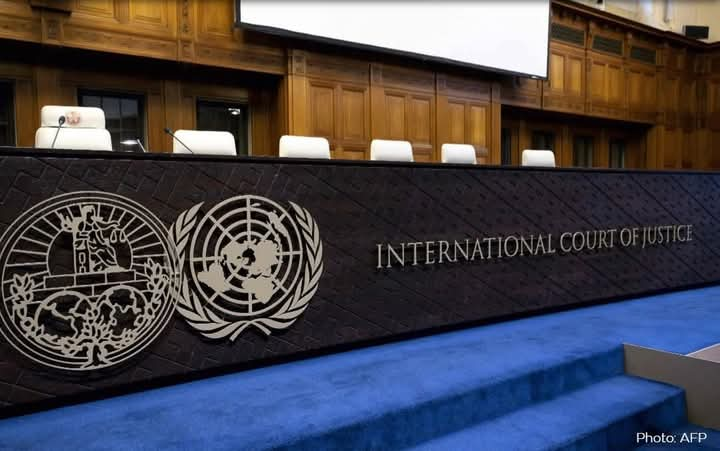The International Court of Justice (ICJ) is set to deliver a landmark ruling on Monday in a case brought by Sudan against the United Arab Emirates, accusing the Gulf state of aiding and abetting genocide through alleged military support to the Rapid Support Forces (RSF).
Khartoum claims that the UAE has supplied arms and logistical backing to the RSF, whose conflict with the Sudanese Armed Forces since 2023 has devastated the country. Tens of thousands of civilians have died, and the United Nations describes the situation as the world’s worst humanitarian crisis, with record levels of displacement and acute hunger across Sudan.
During court hearings last month at The Hague’s Peace Palace, Sudan’s acting Justice Minister Muawia Osman accused the UAE of directly enabling atrocities such as mass killings, sexual violence, looting, and forced displacement. “This ongoing genocide would not be possible without external complicity,” Osman told judges.
The UAE has firmly denied all accusations, calling the case “misleading and politically motivated.” Reem Ketait, a senior UAE foreign ministry official, rejected Sudan’s claims as “fabrications,” and argued that the ICJ lacks jurisdiction due to the UAE’s 2005 reservation when it ratified the Genocide Convention.
Legal analysts suggest the case could be dismissed on procedural grounds due to this reservation, which shields the UAE from certain international litigation.
Nonetheless, Sudan insists that the UAE’s opt-out undermines the spirit of the Genocide Convention, which was designed to hold states accountable for preventing and punishing mass atrocities. Khartoum is seeking an ICJ order for the UAE to cease all support to the RSF and to pay reparations to victims.
While ICJ rulings are binding under international law, they are not enforceable by the court itself. Past examples include Russia’s continued war in Ukraine despite a court order to stop, and Israel’s ongoing occupation of Palestinian territories ruled illegal by the ICJ.
As the court prepares to issue its decision, the ruling could carry significant symbolic and diplomatic weight—especially amid mounting global concerns over foreign interference in Sudan’s internal conflict.



